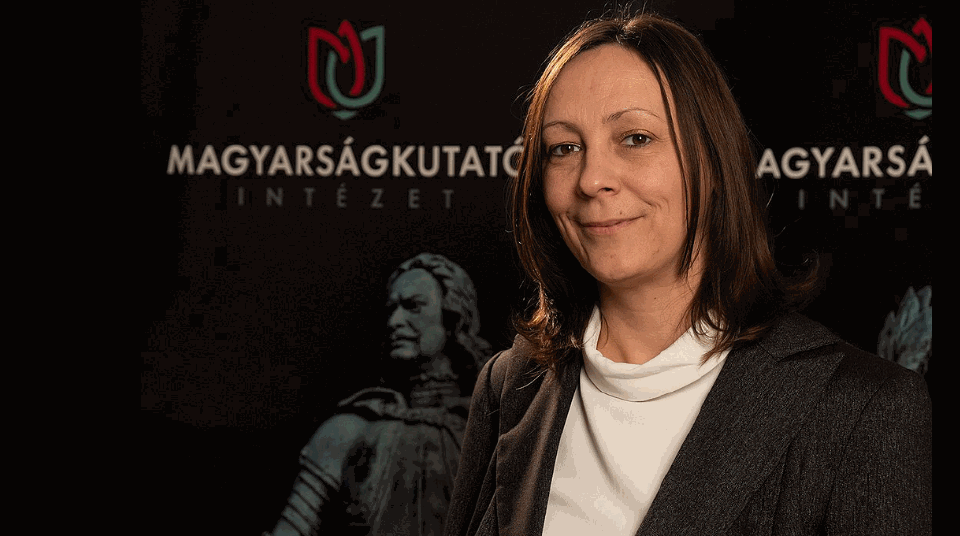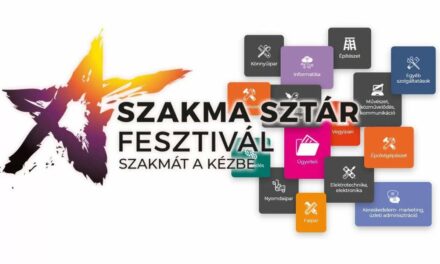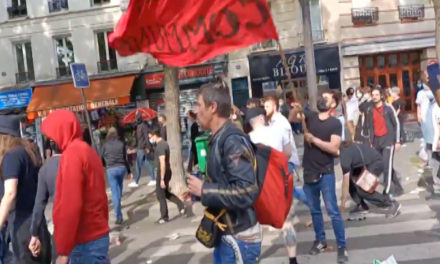In recent weeks, you have read a lot about MÚOSZ's front companies, the Hungarian activities of Interpress Vállalat, which is part of the KGB's sphere of interest, and the secret service connections of the "journalists" working there. After all of this, it is certainly not surprising that among the secret agents there were also adventurers who, according to the data collected by the state security, formed a loose criminal organization and committed minor and major frauds, some of which obviously enriched the members of the party elite in the background.
Only people selected on the basis of "special criteria" could enter the editorial office of the IPM: reliable cadres and their children, and a connection to one of the secret police (Hungarian, Czech, Soviet) was also essential. the last article with the name of József Beke, who headed the International Department of Interpress and before that the propaganda department. The state security kept Beke and his partner Ferenc Halász under surveillance as small-time fraudsters and organizers, and investigated their abuses and damages - with little success. In 1976, an operative file was opened in which the results of the secret data collection were organized, the cover name of the folder was "Business partners".
What were these "businessmen" partners in? In damaging the Hungarian economy. However, counterintelligence could not prevent their activities, and they were even forced to stop the investigation after a while. Who could order this cover-up? We'll probably never know, but we can have a guess. The KGB and MNVK-2 were interested in the silence, and the name of the media czar, Norbert Siklósi, who appears everywhere in the press life as a gray eminence, also comes up again.
But who was this József Beke, who was considered by the state security under the code name "Careerist" His identity was not unknown to the investigators of the Ministry of the Interior, as they could respect their former colleague in him. Beke's original profession was a car driver, who on November 9, 1956, that is, when armed fights were still taking place in Budapest, volunteered to join the armed forces and offered the organization his own Pobjeda. At the time, no one questioned how he was able to get the car, they were happy to find volunteers to reorganize the demoralized state defense, especially someone who could even use a car to strengthen the power of the armed forces. Years later, when his series of crimes came to light, the state security began to think about the origin of the car, but we will not find out, since the documents do not reveal whether they managed to unravel the past.
Beke already stole from his comrades during his military service, and spent a significant part of his time in the penal colony. During his internal affairs service, he continued his illegal activities by taking advantage of his work as a car driver: he smuggled, traded, and in the process de-conspired himself in order to gain authority in criminal circles. Obviously, he wanted to create the appearance that the business relationship with him is safe and useful, since he has good connections in the police. Presumably, this was not yet true at the time, but the bluff came in later: if not the state security, then one of the partner bodies certainly supported his business. In 1963, however, no organization stood behind him: he was dismissed from the BM due to disciplinary offences. On June 25, 1963, the Budapest Military Court sentenced him to two and a half years in prison for breach of state secrets, crime against foreign exchange management, fraud and misuse of ammunition. He did not complete his time, he was released in the spring of 1964, and in 1965 he was employed by the MÚOSZ.
At MÚOSZ, the career of the driver with a criminal record took a sharp upward turn, supported by Norbert Siklósi. Even as an internal affairs worker, he traveled abroad a lot - he was able to make use of this - but as a driver for the journalists' association, his trips became more and more regular, and in parallel with his rising position, his passport became valid for more and more countries. Until the end of the sixties, he mainly visited the countries of the Eastern Bloc and Austria, but in 1971 his passport was extended to Europe, and in 1974 to the five continents. It was not known to the investigators exactly what position Beke held at MÚOSZ, but while he was employed by Hotel Interpress in 1965, presumably as a driver, by 1972 he was already the head of the department responsible for international affairs at Interpress Vállalat, and this position was gave him a degree of invulnerability, which was also an impenetrable obstacle for counterintelligence officers during the investigation launched against him.
The entire PestiSrácok article can be read here.
Author: Borvendég Zsuzsanna
Picture: László Bárdossy












